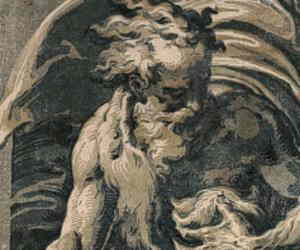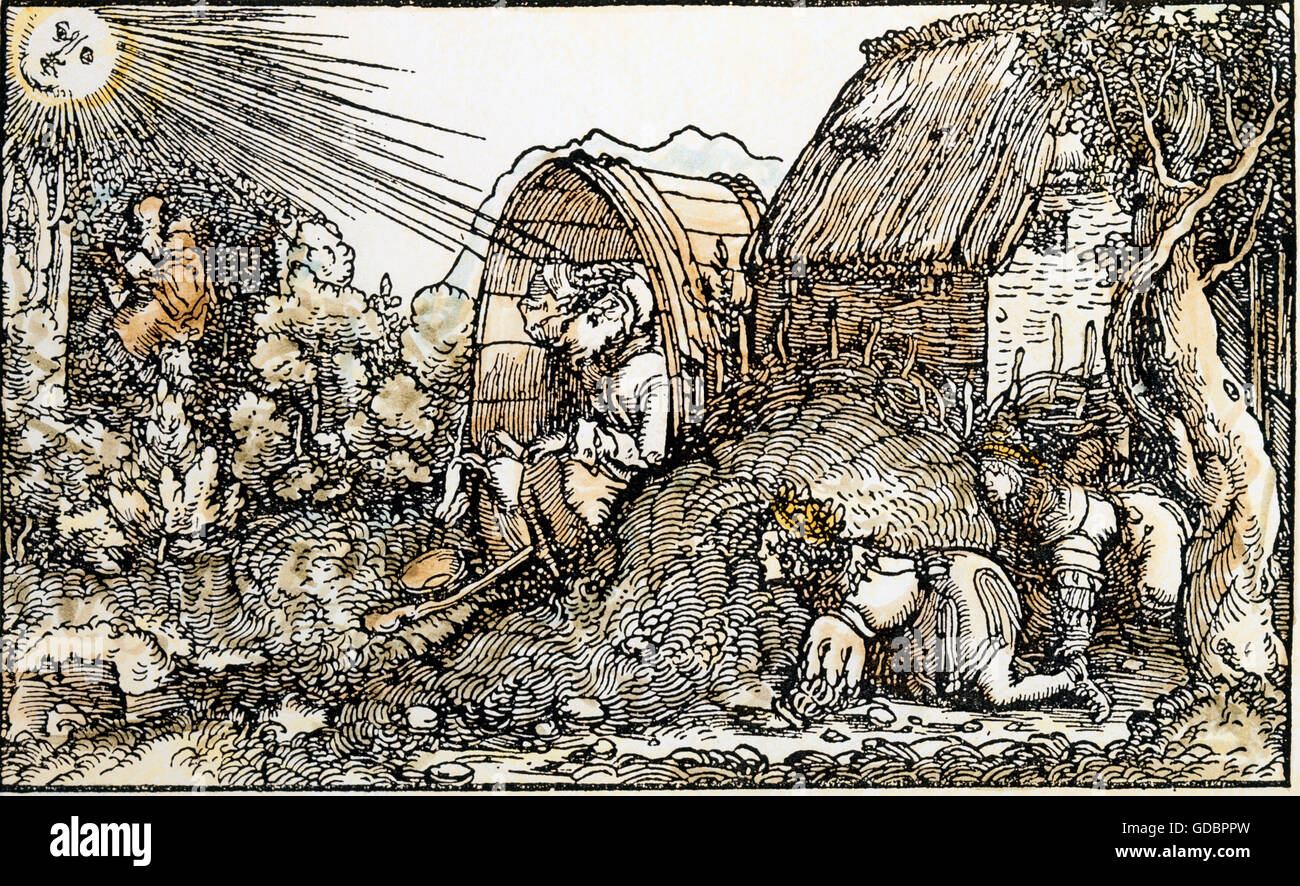

At the Isthmian Games he lectured to large audiences who turned to him from Antisthenes. As tutor to the two sons of Xeniades, he lived in Corinth for the rest of his life, which he devoted entirely to preaching the doctrines of virtuous self-control. Being asked his trade, he replied that he knew no trade but that of governing men, and that he wished to be sold to a man who needed a master. On a voyage to Aegina he was captured by pirates and sold as a slave in Crete to a Corinthian named Xeniades. The single wooden bowl he possessed he destroyed on seeing a peasant boy drink from the hollow of his hands. He inured himself to the vicissitudes of weather by living in a tub belonging to the temple of Cybele. The stories which are told of him are probably true in any case, they serve to illustrate the logical consistency of his character. Diogenes was included in the charge, and went to Athens with one attendant, whom he dismissed, saying, "If Manes can live without Diogenes, why not Diogenes without Manes?" Attracted by the ascetic teaching of Antisthenes, he became his pupil, despite the brutality with which he was received, and rapidly excelled his master both in reputation and in the austerity of his life. His father, Icesias, a money-changer, was imprisoned or exiled on the charge of adulterating the coinage.


He meant by this, it appears, that he refused to be defined by his local origins and local group memberships, so central to the self-image of a conventional Greek male he insisted on defining himself in terms of more universal aspirations and concerns.ĭiogenes, "the Cynic," Greek philosopher, was born at Sinope about 412 BC, and died in 323 at Corinth, according to Diogenes Laërtius, on the day on which Alexander the Great died at Babylon. Diogenes is the first person known to have thought, and said, "I am a citizen of the whole world," rather than of any particular city or state.


 0 kommentar(er)
0 kommentar(er)
